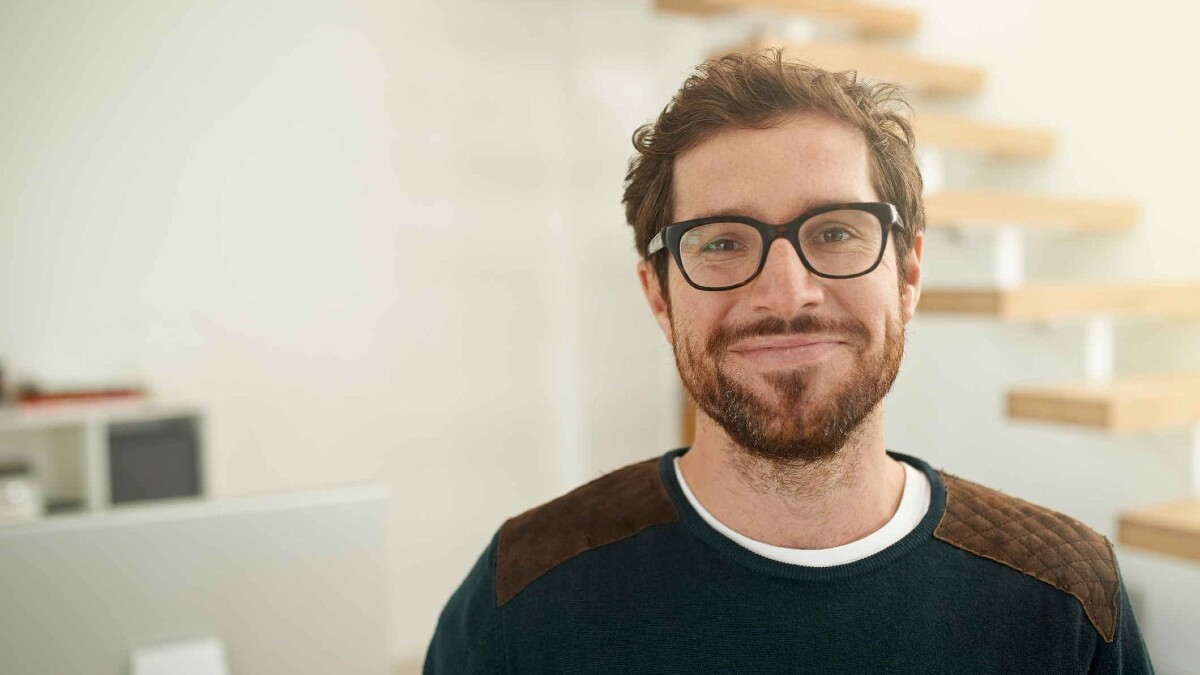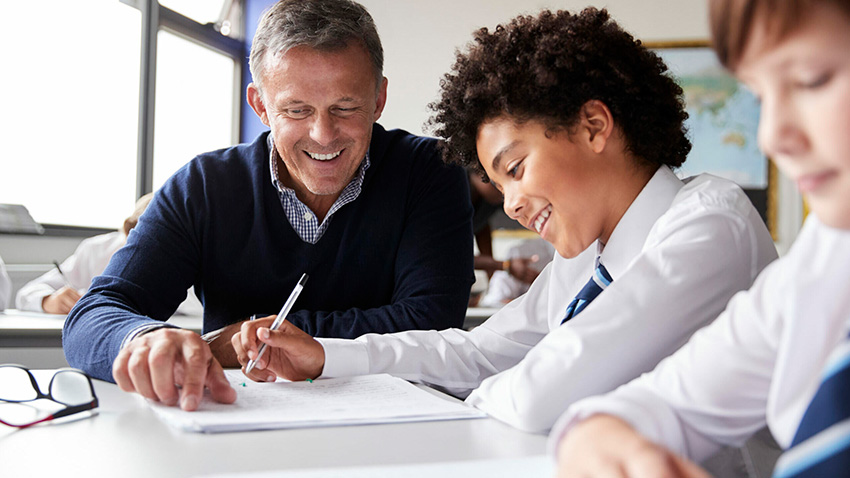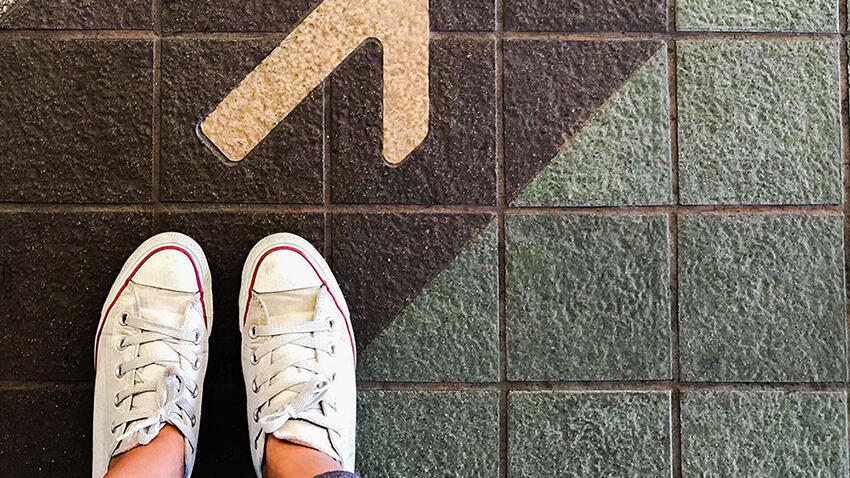For exhausted teachers, the three Rs these festive holidays are Rest, Recover and Re-engage: A guide with headspace Schools
For Australian teachers, it was always going to be a turbulent year, but one in which they at least had hoped to be, along with the rest of the country, adjusting to a ‘new normal’. Instead, it turned out to be arguably even more challenging than 2020 – stretching professional and psychological limits far beyond what is healthy or reasonable for many of us.
The upcoming end-of-year school break is likely to be the first taste of respite that teachers will get — a ‘pause’ on the strain of constant uncertainty of sharp lockdowns, upended schedules and locations, and relentless work hours.
However, for many, the relief may be bittersweet and even emotional, after running on constant adrenaline and with so many boundaries and limits tested. Plus, this time of year often brings its own looming stresses of arranging family get-togethers, shopping and entertaining.
An exhausting end to an unforgiving year
We know all too well how fast the holidays can slip by. It’s also likely that as a teacher you’ll be so depleted, it’s hard to know how make the most of this precious time off in terms of getting what you need. And, according to Hannah Jamieson, National Education Advisor for headspace Schools, that’s to properly recover.
Teachers must remember to give to themselves before others over this holiday season, she says. “Students won’t benefit from a teacher who is a martyr and gives everything of themselves.
“What they need next year is an educator who is energised, compassionate and engaged — and you simply cannot be those things if you haven’t rested yourself.”
It’s essential that over the Christmas break, teachers shift their perspective and start to see rest as purposeful, rather than indulgent, she says.
Teaching tops the tables for stressful careers
When it comes to stressful careers, teaching is a serial offender, consistently making the top 20. COVID-19 and its repercussions have taken the stress and expectations on teachers to the next level. Australian mental health support organisation Beyond Blue reported record numbers of education professionals accessing wellbeing advice since the beginning of the pandemic; the rise equating to around 65% year on year.
A proactive psychological reset: The first steps
Plenty can be done to de-stress and reset during the holidays, according to Hannah. Her organisation, Headspace Schools, an initiative by youth mental health charity Headspace, works with school leaders on enacting school wellbeing change using the Be You framework, a national mental health in education initiative delivered by Beyond Blue in collaboration with headspace and Early Childhood Australia.
“The nuances of teaching have become quite challenging, driving the need for frank discussions around self-care,” Hannah says.
Self-care is more than bubble baths
One of the issues is that the term self-care is often misunderstood. We teach ourselves that self-care means indulgence. Little luxuries. “I want to challenge that idea about self-care being a Band-Aid we slap over an injury. A bubble bath, light a candle and it all goes away,” says Hannah. “Except it doesn’t.”
Trivialising self-care in this way undermines the experiences of teachers. Good self-care comes down to three components; the three Rs: Rest, Recover and Re-engage.
The mass shift to online tests continues
…and it’s a good thing! Learn more about why students find online assessments more engaging and inclusive.
10 checkpoints for getting adequate rest
“Importantly, we can’t start recuperating until we are rested,” Hannah says. The holiday period is the ideal time for teachers to move through the stages of resting, recovering and then re-engaging for the new school year. Yet rest is a very personal thing. “My rest isn’t necessarily restful for you,” she says.
The good news is, there are guidelines teachers can follow:
1. Remember when you felt most rested
Think about when you last felt totally rejuvenated. What strategies worked for you? Make a list so that you have those strategies, that are personal to you, to lean on when things get tense.
2. Learn to say ‘no’
Self-care isn’t just about the good things we do for ourselves, but the things we give ourselves permission not to do. And this means coming to peace with the challenging act of saying ‘no’. Whether to a family event, to hosting Christmas, or to staying back at school for a week after term is over, saying no is telling ourselves that we matter.
3. Power down your devices
Have clear expectations around when your phone should be on, making sure you block time for being undisturbed. Whether you spend that time alone, with family, or with friends who don’t ask anything of you, what matters is that you are doing something of your choosing with no interruption. “Start gently, by committing to having lunch without your phone,” Hannah says.
4. Get good, deep sleep
There are plenty of studies on the positive impact of sleep on stress reduction. This fact sheet from the Sleep Health Foundation emphasises the importance of getting good quality sleep, in uncertain times especially. Another study found that being awake for more than 17 hours a day gives us a level of impairment similar to a 0.05 blood alcohol reading.
“We should encourage teachers to think about sleep as an absolute necessity, like food and water,” says Hannah. “
Addressing the issue could simply be about finding a routine that settles you: “Ask a partner for a gentle reminder to put your phone down. Or agree to go to bed together rather than one waking the other hours later,” she says.
5. Grant yourself permission to rest
Our bodies aren’t wired to experience significant stress over long periods of time. So, when we have stress hormones like cortisol racing through our veins for weeks, or months, it triggers thoughts around being ‘up against the wall’. Do these thoughts sound familiar?
“I have to be immediately responsive all the time”
“What if one of the kids in my class is unwell, and I don’t notice?”
“I’ve done this to myself.”
If they do, try reframing them to a more forgiving inner dialogue that gives you permission to take the rest you need, such as: “My brain is telling my body that I need to stop.”
6. Define what rest means to you
Rest doesn’t have to mean sleeping or lying down. It could be doing something else that nourishes you. “For me, having been on screens all day, my rest is knitting.” says Hannah. “For one of the women I work with, her rest is being in the sea. It means she can’t talk to anybody because she has her head underwater. She rests among this silence.”
Active rest is often overlooked. The TED Talk series ‘How to be a Better Human’ defines seven rest types, of which physical rest – either passive through sleeping, or active through restful activity like yoga – is one. Equally, some find their rest in nature, taking in their surroundings.
7. Use technology to govern rest
Having advised switching off your device, tech can promote rest; for example, software alerts can let you know when you’ve had enough social media time or those which give you daily screen report, telling you how long you are spending with your eyes down. But: “We need to be careful not to use these apps as a stick to beat ourselves with,” advises Hannah. “If it makes you feel awful, don’t do it.”
Hannah professes to being a fan of the “do not disturb” feature of her phone, but adds that she remembers to tell loved ones how to contact her in an emergency.
8. Plan your availability calendar in advance
Be clear about your availability for work over the summer holidays. Check the expectations for you to read your email, and make sure you’ve communicated your intention for doing so with your colleagues. For example, if you are back on the 24th of January, do you commit to checking email from the 23rd, or are you happy to have half an eye on them from the 10th?
Out-of-office replies are your friend. We suggest setting yours to say something like: “This is my holiday period. I will be available again on this date”.
9. Be selective about social company
Rest and relationships go together. The truth is, relationships with some people can be a drain, even when welcome. A big tip for getting rest is to prioritise time with people who make you feel good about yourself. As difficult as it may be, it’s important to focus on people and things that bring you joy when replenishing your energy.
10. Outsource your usual chores
It’s all too easy to ‘just whip round the home with the vacuum cleaner’ or ‘just clean the car’ when you find yourself with free time. But it’s not free time. It’s rest time and we need to start thinking of it as already apportioned.
“If you can find a solution that will help you feel rested, such as outsourcing tasks, if it feels beneficial, then it may be worth considering.”
Teachers are natural givers
Teachers are incredible professionals whose key priority is their students, and as such, the occupation itself tends to attract those with a giving nature. So, it may take some effort to turn the tables this summer holidays and direct the giving towards yourself. But it will be easier if you remember that the benefits won’t just be felt by you, but also by your students.
In the second part of our blog series, we explore the “Recover and Re-engage” aspects of the three Rs of school holiday recovery.
If you’re a teacher or school leader interested in more guidance about staying well and supporting your students in staying well too, read more about the Be You educator wellbeing plan and resources here.
*headspace Schools is a division of headspace the National Youth Mental Health Foundation. headspace Schools is a national workforce that supports, engages and partners with education and health sectors across Australia, to build the mental health literacy and capacity of workforces. Be You is national mental health initiative led by Beyond Blue in collaboration with headspace and Early Childhood Australia to support educators from early learning services and schools to develop a positive, inclusive and resilient learning community.
About the author
Kayleigh Kahlefeldt
Founder, Cornerstone Content
You might also like
Want to learn more about our tailored solutions?
Chat to one of our assessment or learning consultants today.
or call us on 1300 857 687 (Australia) or +61 2 6652 9850 (International)




